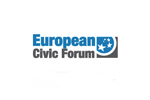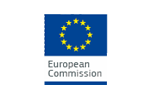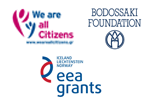Migrants and refugees more than other groups face a multitude of barriers that put them in risk of being socially excluded or marginalized and obstruct their integration. They are often excluded from formal educational pathways, and they have training needs that are not fully addressed. The NEST project sought to contribute to addressing this challenge and answer the question with tested results of how the integration of migrants into host cultures can be enhanced with applying a targeted approach on cultural learning. To this end, the NEST project designed and tested a new approach on cultural learning, which combines an innovative course with cultural mentoring.
The purpose of the NEST project was to foster an enabling environment that allowed their integration and active participation in the host communities. The general objective of the NEST project was to contribute to the social inclusion of migrants and refugees by increasing their knowledge and understanding of the host societies’ cultures.
Its key outputs were: a) the study on cultural Learning and social inclusion of migrants in Europe; b) the “Learn and Blend” course, the Guidelines for Trainers available in partner languages and in English; c) the Cultural Mentoring Curriculum and the Guidelines for Mentors. In addition, the NEST project organized roundtables at national level and a stakeholders’ meeting in Brussels to promote the policy dialogue and strengthen cooperation.
Through its activities, the NEST project sought to ultimately contribute in the availability of quality learning resources and methodologies that promoted and fastened the social inclusion of migrants and refugees and fostered an environment of mutual respect and understanding.
Project duration: 3 years (1/12/2019 – 30/11/2022)
This project was financed by the EU and the main implementing partners were ANCE, DIMITRA, L.E.S.S., KMGNE, UNIVERSIDADE PORTUCALENSE INFANTE D HENRIQUE.







